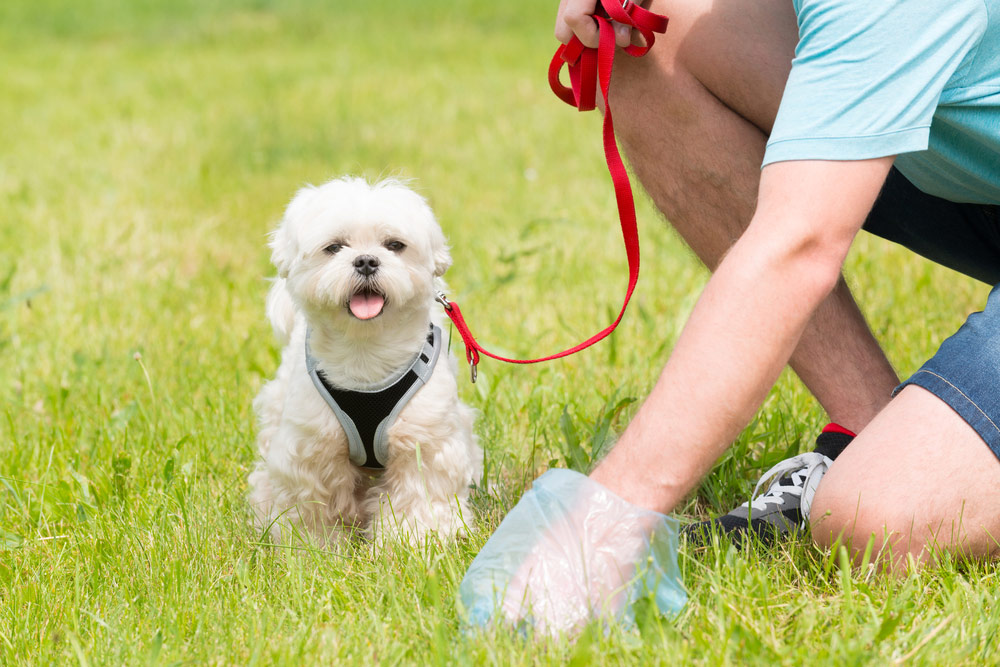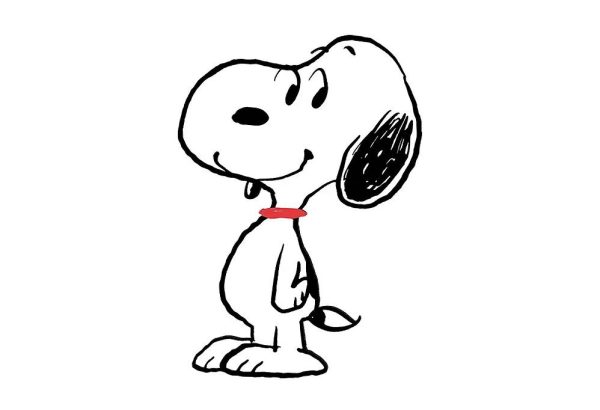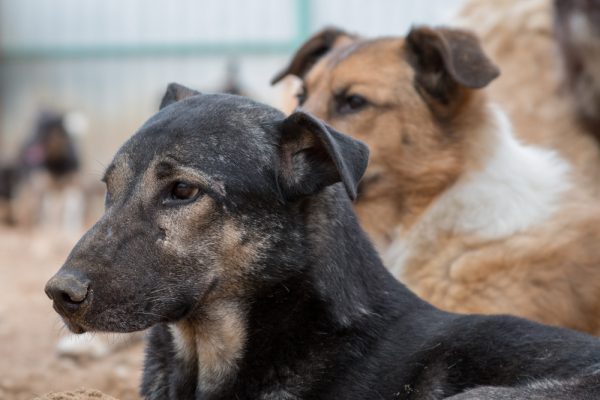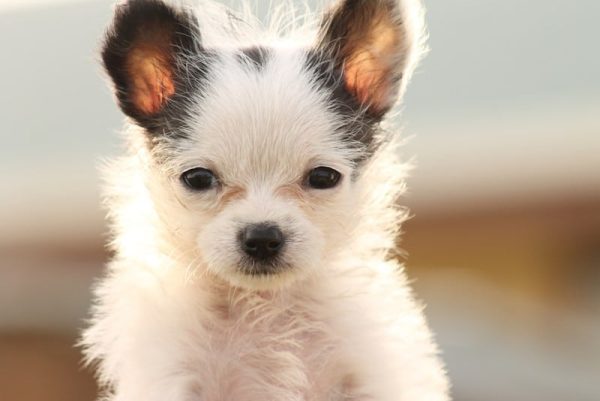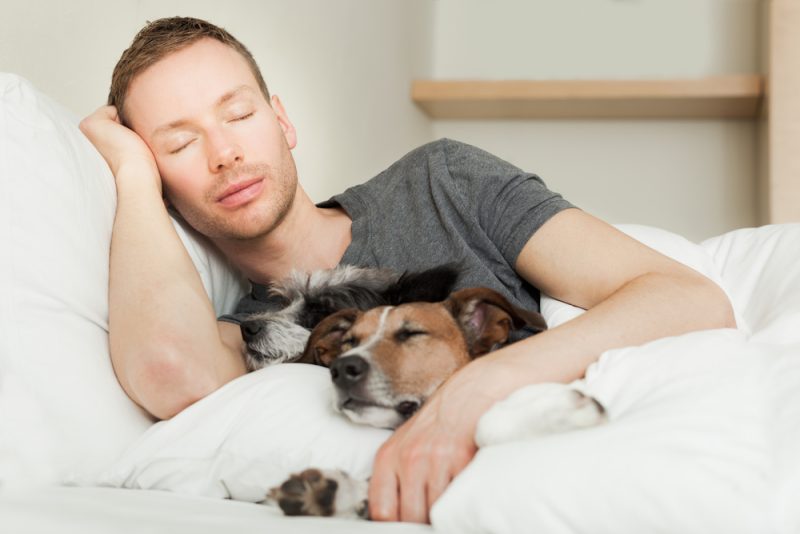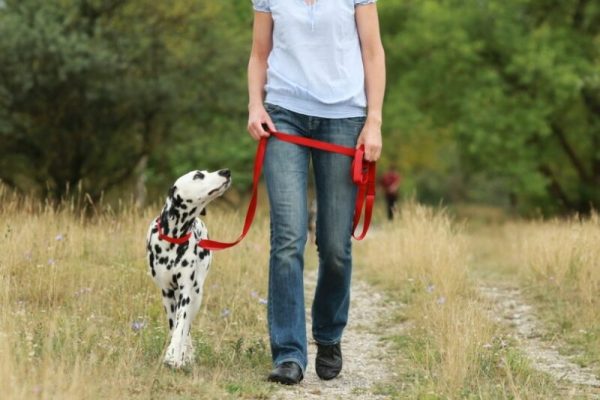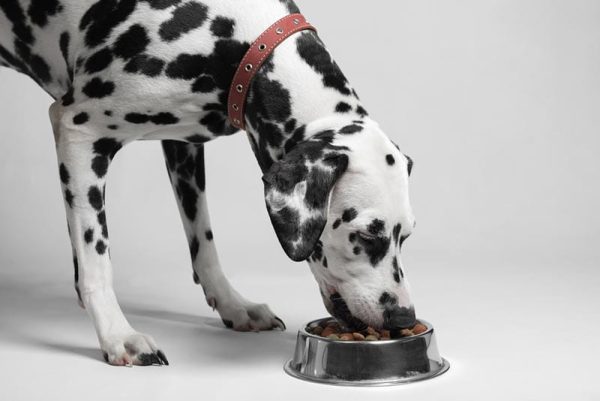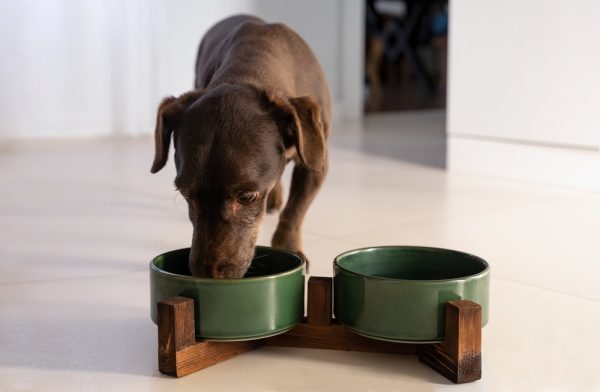There are many joys that come with living with a dog, but not all responsibilities are pleasant. Picking up after your dog is a task that literally stinks, but we all have to do it. Dog poop smells bad, it can kill grass and other plants, pollute waterways and even spread diseases.
Keeping your neighborhood free of dog poop doesn’t just clean up areas. It also helps maintain a positive attitude toward dogs. So, it’s important to practice good etiquette when you’re walking your dog. Here are some common rules of dog poop etiquette that’ll help you be a good neighbor.

The 10 Rules of Dog Poop Etiquette
1. Bring a Poop Bag Before You Leave
Always check to make sure you have a poop bag before you leave for your walk. Build a habit that ensures you’ll always have a poop bag with you. If you use poop bag rolls, check your dispenser regularly to ensure you have bags left inside it. You can also tie a bag to your leash after you return from a walk so that it’s very visible that you have a poop bag.
It’s often helpful to have a bag or pouch that you use specifically for dog walking. Not only can you fill this bag with extra doggy bag rolls, but you can also include treats and other dog-walking essentials.
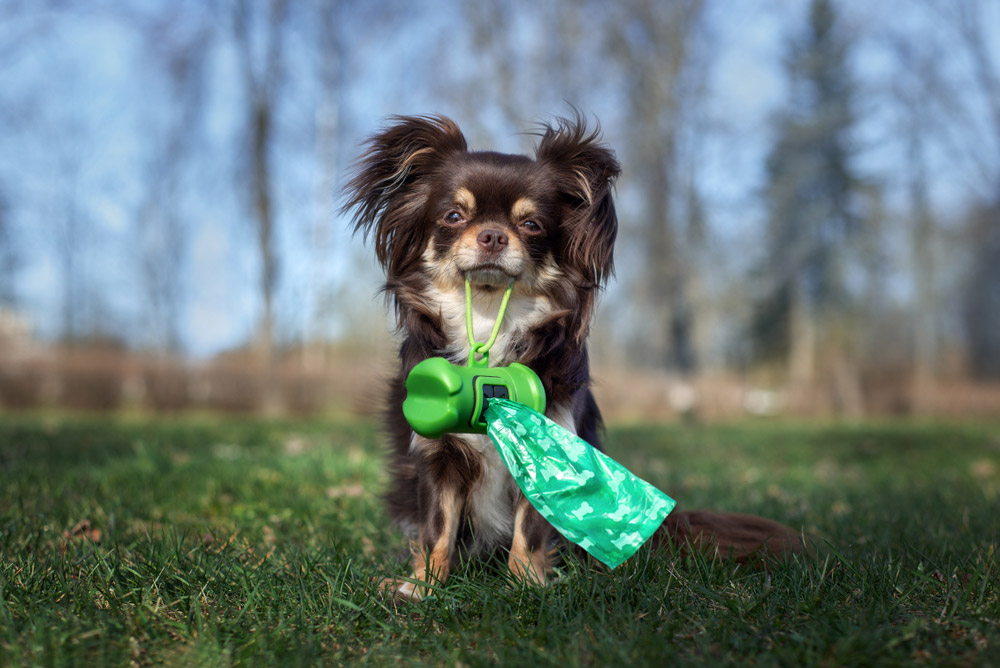
2. Stick to the Curb Strip or Sidewalk
When walking your dog, avoid letting your dog walk onto people’s lawns. People treat their own lawns with extra care and won’t appreciate having a dog urinating and pooping on something that they’ve invested so much time, money, and energy in.
Your dog will be perfectly content with exploring the curb strip or sidewalk. If they happen to try to cross over to someone’s lawn, gently guide them back to the curb strip. Investing time into training your dog to walk politely on a leash can make walks much more pleasant and ensures your dog doesn’t pull you off course, onto your neighbor’s prized lawn.
3. Avoid Flowers and Shrubs
People often plant flowers or small shrubs on their curb strips or along the edges of their yards. It’s common courtesy to prevent your dog from pooping or urinating near those areas. Dog waste can ruin flowers and plants. It can also attract other dogs to pee or poop in the same area, which can end up killing plants or ruining a pleasant-looking area with an unpleasant odor.
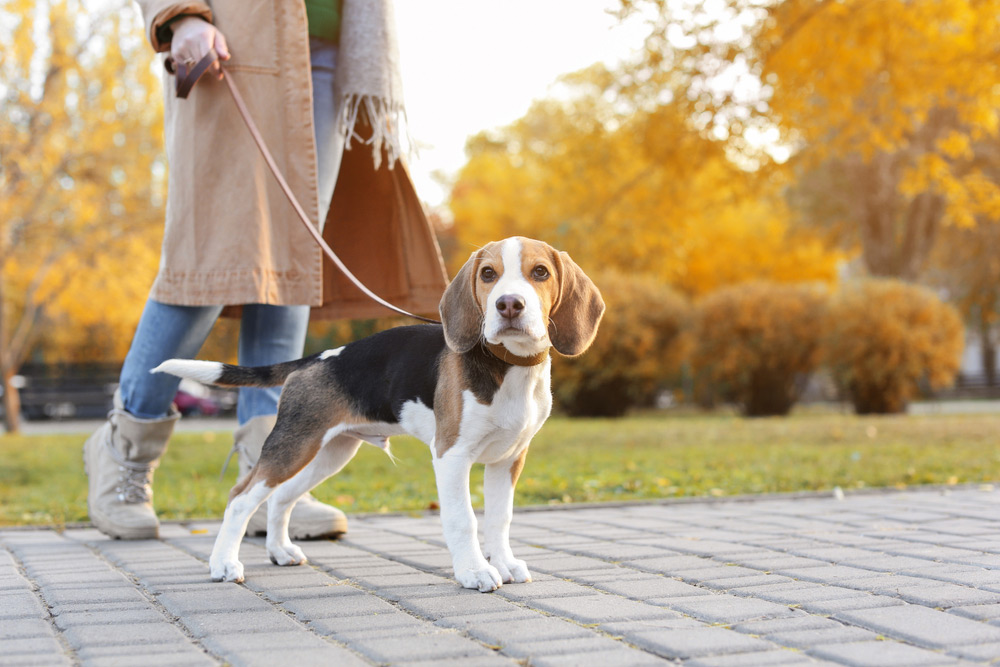
4. Respect Lawn Signs
Since many people work really hard on their lawns, make sure to respect any lawn signs that they post on them. Most lawn signs will request owners to pick up after their dog’s waste, while others prohibit urinating in certain areas. Most signs that request no urination are placed to protect plants and shrubs that are special to the homeowner.
It’s also usually in your best interest to respect lawn signs. Some lawns are treated with chemicals to kill weeds or insects, and they can cause skin irritation if your dogs walk on them.
5. Return to Pick Up Poop
Even the best dog owners will run out of poop bags every once in a while. If your dog poops and you don’t have any bags, do your best to ask any people near you if they have any bags. If you aren’t able to secure a bag on the spot, make sure to go home, get a poop bag, and return to scoop the poop.
Keep in mind that many states and cities have Pooper Scooper Laws that protect both private and public property from dog waste. You can be legally fined if you’re caught not picking up after your dog.
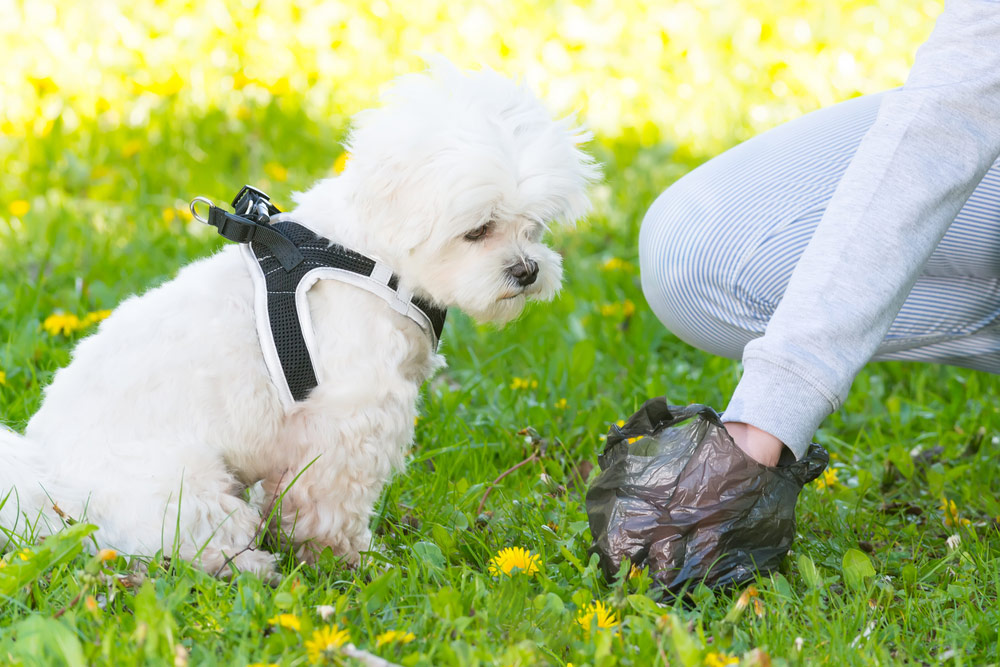
6. Keep an Eye on Your Dog at Dog Parks
Always supervise your dog when you’re at the dog park, and refrain from scrolling through your phone while your dog is playing. Dogs often poop when they’re at the dog park, even if they’ve already relieved themselves.
It’s important to pick up after your dog as quickly as possible. Other dogs will be curious to smell poop and can accidentally step on it. Some dogs also have a habit of rolling or even eating other dog’s poop, so collecting and disposing of it promptly is a good idea.
7. Offer Poop Bags to Other Dog Walkers
Keeping the neighborhood clean is a group effort. So, if you notice that another dog walker has run out of poop bags, don’t hesitate to offer them one of yours. Most dog walkers will appreciate the offer and won’t refuse.
Making an effort to keep the neighborhood clean often leads to people having a positive attitude toward dog owners. It helps keep the peace and ensures your neighborhood looks and smells clean.
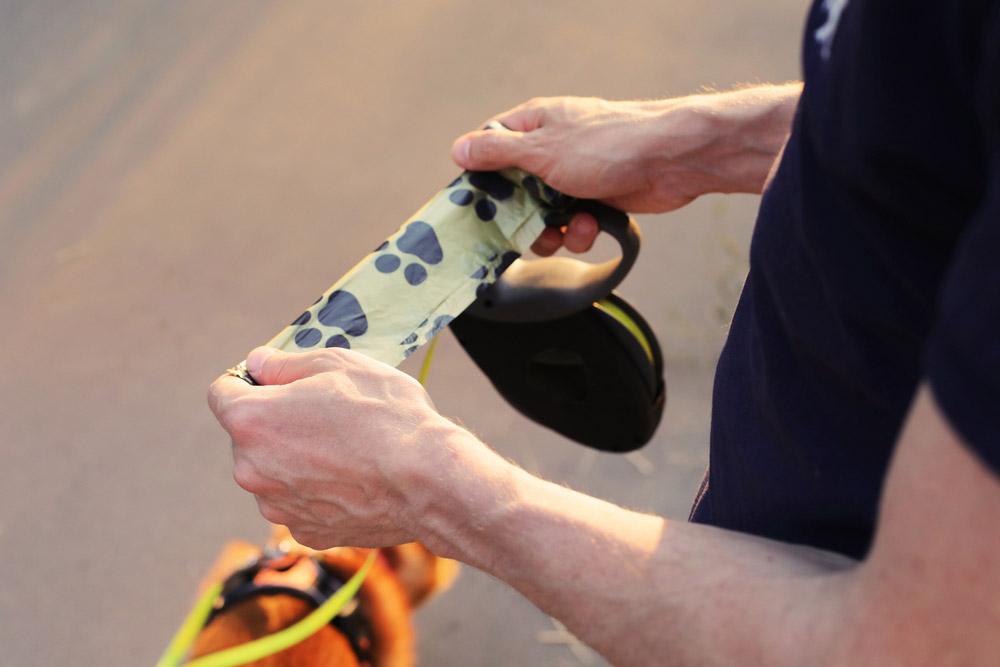
8. Carry Cat Litter for Runny Poops
Diarrhea can be unpredictable. However, if you know that your dog has been having runny poops, it’s helpful to bring something that will make picking up after your dog easier. Sprinkling clumping cat litter on runny poops can help the poop hold its form while you pick it up. Sawdust and sand are other alternatives you can try.
Make sure to also bring disposable gloves, hand sanitizer, and some wet wipes on your walk. This will make cleanup much easier, and you’ll be able to sanitize your hands afterward.
If you are looking for the perfect product to clean your dog's sensitive areas, Hepper's Wash Wipes are our recommendation, plus it's a great on-the-go option. These premium wipes are thick and durable enough for the toughest of paw messes, while still being soft enough to use on your dog's ears or eyes. Formulated with pet-friendly, hypoallergenic ingredients they are the ideal product for all dogs of all ages, skin conditions, or sensitivities.
At Dogster, we’ve admired Hepper for many years and decided to take a controlling ownership interest so that we could benefit from the outstanding designs of this cool pet company!
9. Toss Trash in Your Own Trash Bin or Public Bins
It can seem convenient to toss poop bags into other people’s trash bins when they’re out on the curb during trash collection days. Even though trash is trash, it’s still respectful to refrain from tossing poop bags into someone else’s trash bin. Dog poop has a distinctly unpleasant smell, and you never know if someone has just spent time and money on deodorizing their trash bin.
Most dog poop bags are also made with thinner material. They’ll break more easily than standard trash bags and can end up leaving a stain and smell deep inside a trash bin.
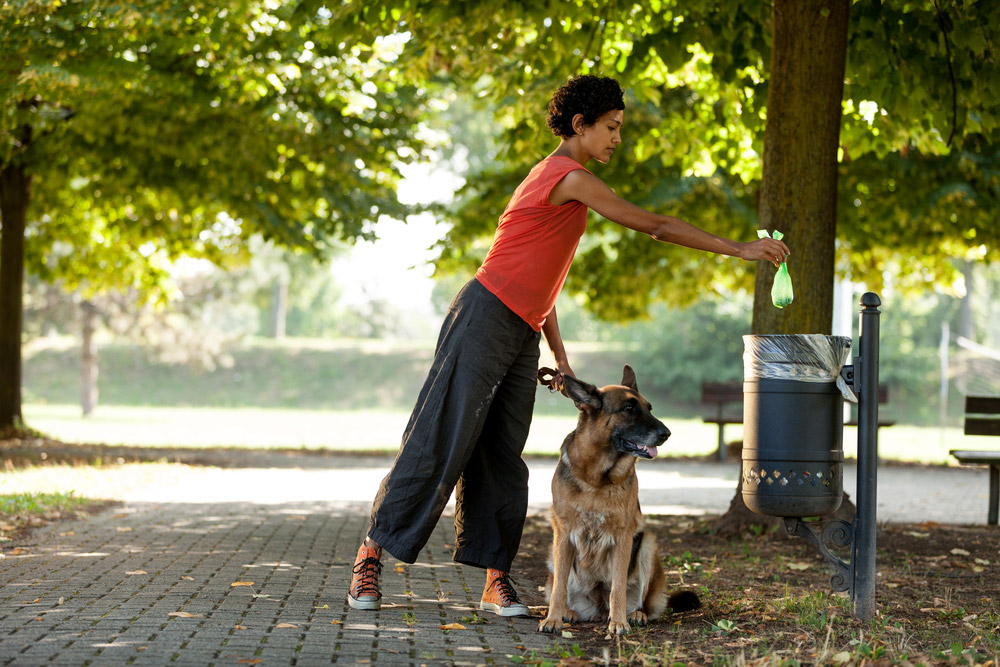
10. Use Eco-Friendly Bags When You Can
One of the best ways for dog owners to reduce plastic waste is to use eco-friendly doggy bags. You can find all kinds of eco-friendly doggy bags that are made with recycled or biodegradable materials. Many of these bags are just as durable as traditional plastic bags. Recent research suggests that those made of recycled plastic are more environmentally friendly than those touted as biodegradable.
Even though eco-friendly, recycled plastic doggy bags are usually more expensive, it’s worth investing in them. Doggy bags are used daily, and you can end up reducing a significant amount of plastic waste if you use eco-friendly doggy bags throughout your dog’s lifetime.

Conclusion
Following the rules of dog poop etiquette will help your neighborhood stay clean and keep the peace between community members. So, make sure to establish the habit of carrying extra doggy bags with you and keep a close eye on your dog whenever you’re outside together. Picking up after your dog is the neighborly thing to do and is a simple yet effective way to care for your community.
Featured Image Credit: Monika Wisniewska, Shutterstock
